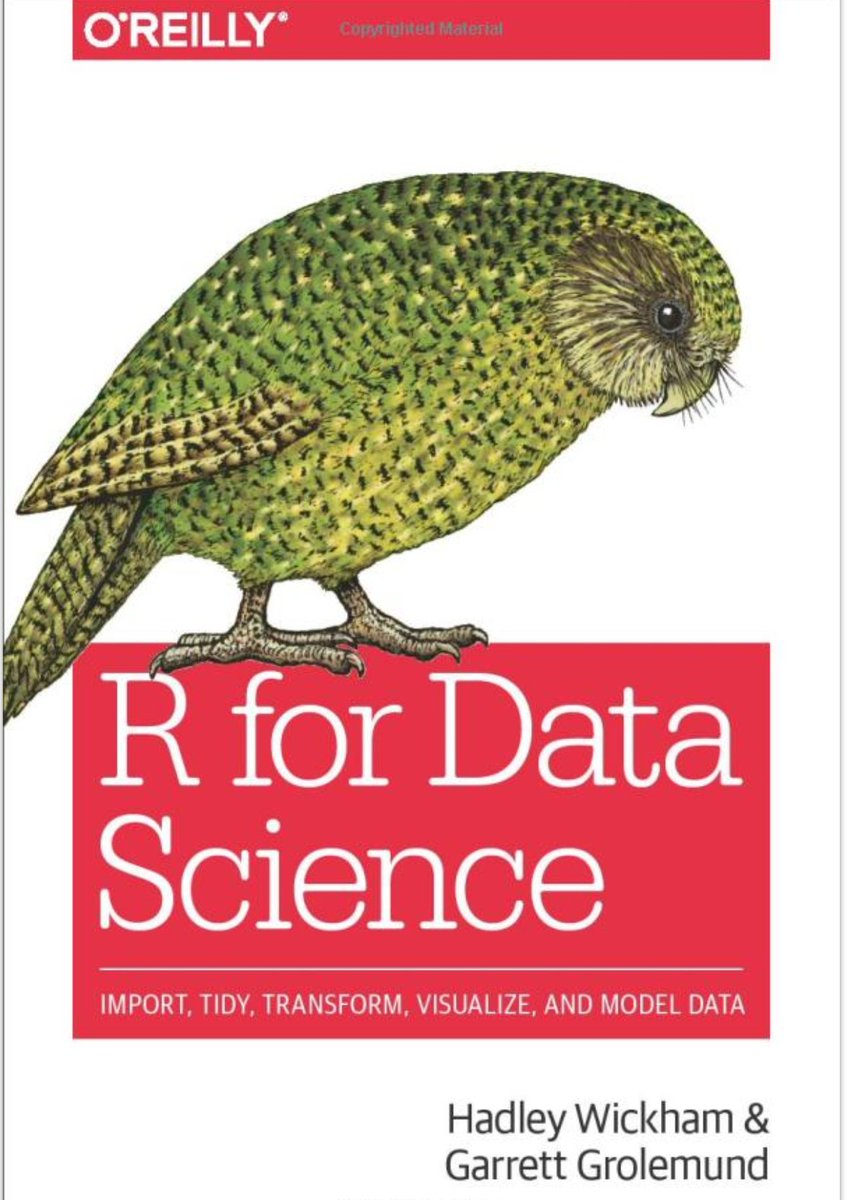
My opinion on Bayesian statistics is it flows naturally from a Bayesian philosophical perspective but since no philosophy is universally accepted among humans, Bayesian statistics is deeply in conflict with how many people see the world. Whether this is good or bad, I don't know.
Frequentist statistics is grounded in frequencies of events. Since all humans can (objectively?) observe events and count them, Frequentism starts out from a more simple, less philosophy-dependent position.
People can and do add their own philosophies on to Frequentism which can make it seem a bit philosophically confused and incoherent. I think this incoherence and confusion is what Bayesians are often reacting to when they critique Frequentism.
In my opinion, the truth is that Frequentism doesn't officially include an aspect to it that corresponds to Bayesian philosophy (epistemology). So, from the Frequentist perspective, most Bayesian critiques are purely philosophical and fall outside of the domain of statistics.
Frequentism is fundamentally a less philosophically ambitious approach to statistics than Bayesian statistics.
• • •
Missing some Tweet in this thread? You can try to
force a refresh










